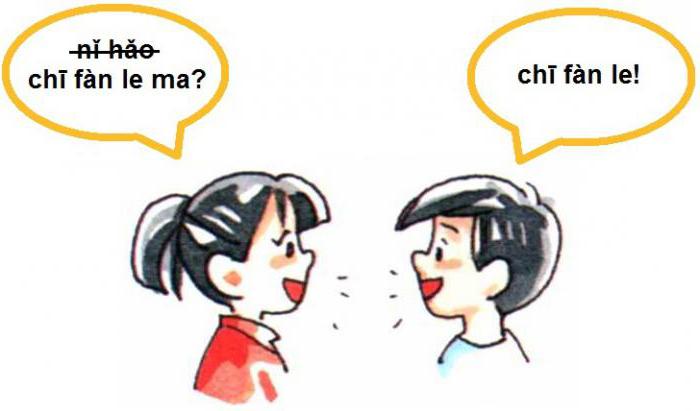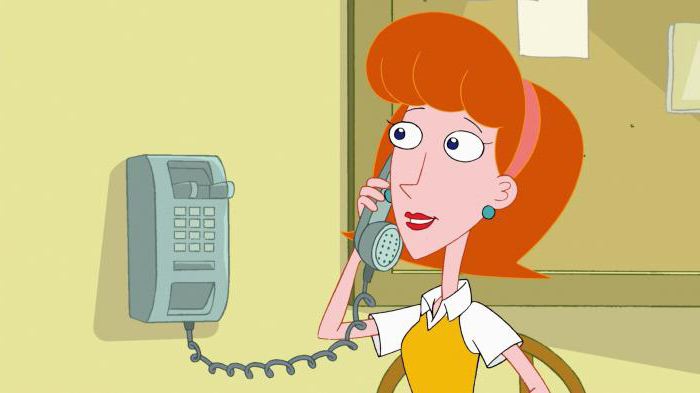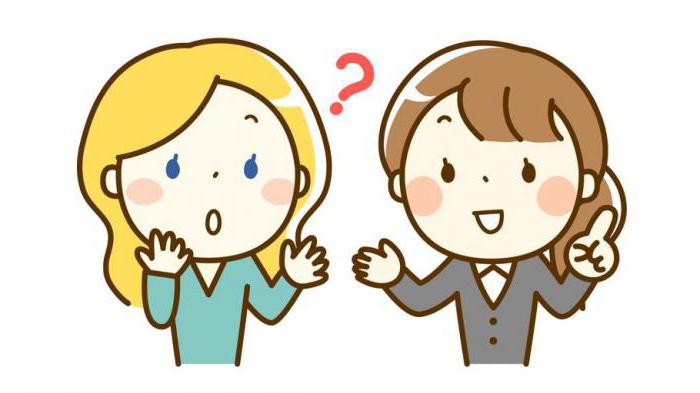Do you know what the most awkward moment for all foreigners studying Chinese? When they understand that "neither Hao" is far from the most popular word that the inhabitants of the Middle Kingdom are used for greeting.
How in Chinese "hello", "how are you?" Especially for you - six ways to say it.
Bonus 你你! (Nor Hao!) / 您您 (Ning Hao!) - "Hello!" / Hello! "
In case you just started learning Chinese, or you are a simple tourist, which is not even going to learn the language, but already issued a visa to the Middle Kingdom.
"Nor Hao" is the first thing to explore all foreigners. And even those who are completely not familiar with the tongue know that if you want to say in Chinese "Hi", say "neither Hao." If we translate literally, the value will be consonant with our "Hello": "Nor" - you; "Hao" - good.
In fact, local rarely uses this phrase, as it sounds too formally. Ning Hao is a respectful form (Ning - you). Most often used to greet teachers or higher authorities. In this form it is actively used.
Also quite often, on the first Chinese lessons, study: if you add a questionnaire to "nor haa", then the greeting turns into a question "how are you" ("Negue Ma Ma?"). However, it will immediately give a foreigner in you. The Chinese use such a turnover not to ask how things are, but in order to make sure everything is in order. That is, saying "neither Hao Ma", you focus on the fact that a person looks like, to put it mildly, it doesn't matter and you want to know whether it is healthy.
早! (CSAO!) - "Good morning!"
"CSAO" - reduction from 早早 好! ("Zzao Shan Hao!"), Which means "Good morning." This is one of the popular ways to say in Chinese "Hi." The only case when using this word is inappropriate - if on the street evening.
 你 吃 了 吗? (Neither Chi Le Ma?) - "Did you sing?"
你 吃 了 吗? (Neither Chi Le Ma?) - "Did you sing?"
If you were asked: "Neither Chi Le Ma?", Do not rush to tell about the delicious sandwiches that you ate for breakfast, or look around in search of food.
For the Chinese, this is not an invitation for lunch, but a way to ask how are you. Just answer: "Chi Le. Nor ne? " ("I poked, and you?"). So you express unobtrusive concern about a person. If you ask so, no one will require treats from you, but it is possible that the attitude towards you will become a few degrees warmer. The Chinese love foreigners who not only know how to say in Chinese "Hi", but not surprised by the issue of food.
最近最近 吗? (Tzuzy Jin Hao Ma?) - "How are things going?"
"Tzuzy Jin Hao Ma?" Similar to Russian "How are you?". The answer may be the same as in the native language. You can restrict ourselves to the short "hao" - "good", or simply approved to nourish your head. And it is possible if the level of the language allows you to say a pair of phrases on how things are going.

喂 (Way!) - "Hello?"
So the Chinese respond to phone calls. Very simple and nicely sounding word. It is used by everything, regardless of age, gender and social status.
去 哪 哪? (Chu Nar?) - "Where are you going?"
"Nor Chu NA?" - This is a way to say in Chinese "Hi" if you are encountered with someone. According to our standards, such a question may seem excessive curiosity, especially when the interlocutor is a hat-friendly friend. However, for the Chinese, this is only a way to show part and show some respect for a person.
Often used form of a question where the location is already indicated. For example, faced with a student or a schoolboy, you can ask: "Choke Shan Ke LE?" ("Go to lesson / pair?").
久久 见见! (Hao Dzёu bu zhyen!) - "I have not seen yourself for a long time!"
"Hao Dzёu bu zhygen!" - So you can say in Chinese "hello" an old friend with whom you have not seen enough for a long time. This phrase has a very positive emotional color.

Little "But"
As you probably know Chinese - tone language. The same word said by another tone can mean completely different. Of course, if you are a tourist, and even blonde, then good-natured Chinese will definitely make a discount on it. But if you want to sound like a local, please note: it is not enough to know how to say "hello" in Chinese. Pronunciation also plays an important role.
There is a very simple option for those who are not going to seriously study the language - hammer the phrase in an online translator with the ability to listen to the dialed text and just try to copy the speaker intonation. It is much easier than to deal with the nuances of one of the most difficult languages \u200b\u200bin the world.
The main thing, do not be afraid to speak. The Chinese will always gladly prompt you as correct. Especially if you are in response to photograph with them and teach a pair of phrases in Russian or English. Or buy something, since the noodles trader helped you soon.






